By Sufuyan Ojeifo
By writing to both chambers of the National Assembly to express his reservations about the Electoral Act 2010 Amendment Bill, President Muhammadu Buhari has withheld his assent and cast doubt on the rationality of the lawmakers to review or amend the contentious provisions of the Act. What this means, in legislative parlance, is that the president has vetoed the bill. Consequently, the National Assembly is now in a position to override the veto by two-thirds of its members at separate sittings.
There is no doubt that the nation is about to witness another executive-legislature face-off in constitution reviews, amendments of Acts of Parliament and lawmaking process where the executive arm of government feels its interest is threatened by the spirit and the letter of the proposed laws or amendments. To be sure, the National Assembly has performed its constitutional function in the circumstance to the dissatisfaction of the incumbent head of the executive arm.
Historically, if the National Assembly, under Bukola Saraki’s chairmanship, pursues the override option and goes ahead to successfully override Buhari’s veto it would be the second time that the National Assembly would override presidential veto in the nation’s Fourth Republic. The first was on June 7, 2000 when the National Assembly, under the chair of Anyim Pius Anyim, overrode President Olusegun Obasanjo’s veto of the Niger Delta Development Commission (NDDC) Establishment Bill.
In terms of aggregative national interest, the reservations expressed by Obasanjo were in apple-pie order. It was difficult to understand how the objections he raised could have been in furtherance of his personal or pecuniary interest, although his objections were mainly on the proposed funding components of the NDDC.
While the National Assembly proposed that 15 percent of Federal Government’s monthly statutory allocations be contributed to the funding of the Commission, Obasanjo wanted it reduced to 10 percent. He also wanted the 3 percent annual budget of all oil and gas companies operating in the Niger Delta region proposed by the National Assembly as the companies’ funding contribution to the Commission reduced to 1.5 percent.
Whereas, Obasanjo wanted member states of the NDDC to contribute 10 percent of their derivation funds to funding the Commission, the National Assembly dropped that proposal. When the totality of these proposals was subjected to critical scrutiny for underlying interests, neither Obasanjo nor the National Assembly could be essentially indicted.
But this cannot be said of the current face-off, which centres significantly on the reordering of the sequence of elections as reflected in section 25 of the Electoral Act as amended. This is because this provision affects whether positively or negatively the political interests of the president and the federal legislators. Understandably, the INEC, being an agency of the executive arm, even though it is claiming to be independent, has acted in cahoots with the Presidency to decide the sequence of elections in 2019.
The Commission, in a bid to foist a fait accompli on the nation and perhaps to blackmail the National Assembly, decided to hurriedly fix and release the dates and sequence of elections for the next 35 years or thereabouts, specifically from 2019 to 2055. This is sui generis and curious administrative projection in the annals of public administration in Nigeria. The electoral body choreographed that gambit amid moves by the National Assembly to whittle down its administrative and discretionary powers which it had used to functionally deal with ordering the poll sequence in the purest form of exercise of delegated powers.
With my little knowledge of elementary government and administrative law, there are limitations to the exercise of delegated powers which are the kinds that the INEC, as a so-called independent agency of the executive arm of government, exercises in conduct of elections within the strictest construction and understanding of the provisions of the extant Electoral Act passed by the National Assembly.
No one is in doubt as to the fact that there is power separation among the three arms of government. And, in order to curtail the excesses of one arm in the discharge of its function, there is in-built principle of checks and balances. What the National Assembly has done with respect to the amendment of the Electoral Act is to check the excesses and near monstrosity of the INEC in the discharge of its delegated administrative power with respect to conduct of elections.
The National Assembly has not tinkered with the general time-table that the INEC has drawn up. What it has simply done by its amendment is to reorder the sequence of election for the observance and necessary administrative action by the Commission, still within the time table. In the national interest, nothing could be said to be wrong on the face of the initial ordering by the INEC and the subsequent reordering by the National Assembly.
But in the individual interests of the political actors, a whole lot is perceivably wrong. For Buhari to reject the well-considered proposal of the National Assembly that shifted the presidential election to the last in the poll sequence is nothing but resorting to bully tactics. In any case, that is unfortunately indicative of a synergy between the Presidency and the INEC to possibly force the INEC’s original poll sequence on the nation.
The federal legislators, apparently, do not want the bandwagon effects of the outcome of the presidential election of one man to affect the subsequent election of many others; and, therefore, the polls should end with the presidential election.
Why does Buhari want the Presidential and National Assembly election to start first? Perhaps two reasons could be adduced. First, he probably does not want to spend his personal or federal government’s money on election mobilization. He feels comfortable and assured that National Assembly candidates contesting on the APC platform would be the ones to spend their money to mobilise for votes for the party which he would then benefit from since he believes he is a beloved patron saint.
Second, Buhari is perhaps afraid that if the presidential election is a stand-alone process that comes up last, there is no guarantee that the elected members of the APC would be committed to his electoral battle. He would be forced to spend billions for the poll, which ordinarily he would not want to because of his holier-than-thou disposition.
And this is the intersection where the federal lawmakers must show audacity to override Buhari’s veto. They must push through the imperativeness of the reordered election sequence in the overall national interest. The presidential election should be held last. Who says the sequence of elections must follow the pattern of 2015 or em2011 general elections? The sequence is not cast in stone.
National consciousness and consensus should be built around the presidential election coming last in the sequence. Apart from the presidential election, which has the entire nation as the constituency of the candidates, every other election is local to the extent that it is delimited or delineated by state boundaries for governorship election; state constituencies for House of Assembly elections; federal constituencies for House of Representatives elections; and senatorial zones for elections to the upper chamber of the National Assembly.
The time for political pragmatism that does not confer undue electoral advantages on anyone, especially a sitting president, is now.
** Ojeifo, Editor-in-chief of The Congresswatch magazine, sent this piece via ojwonderngr@yahoo.com




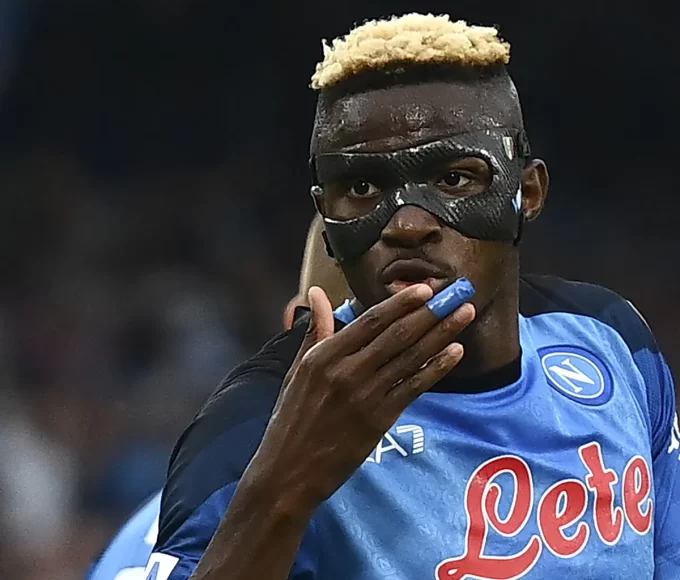


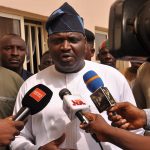
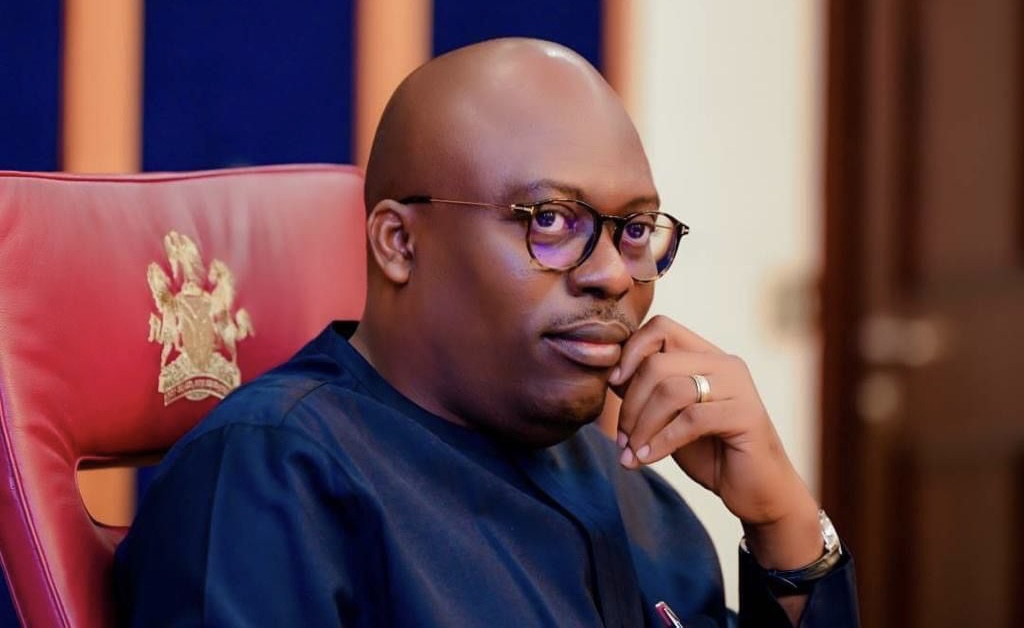
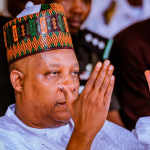




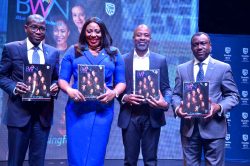
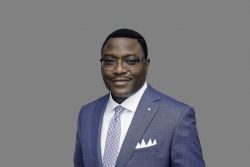
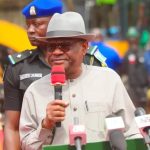

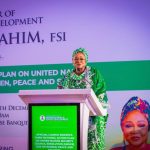
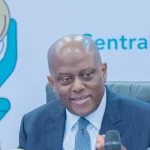




Leave a comment